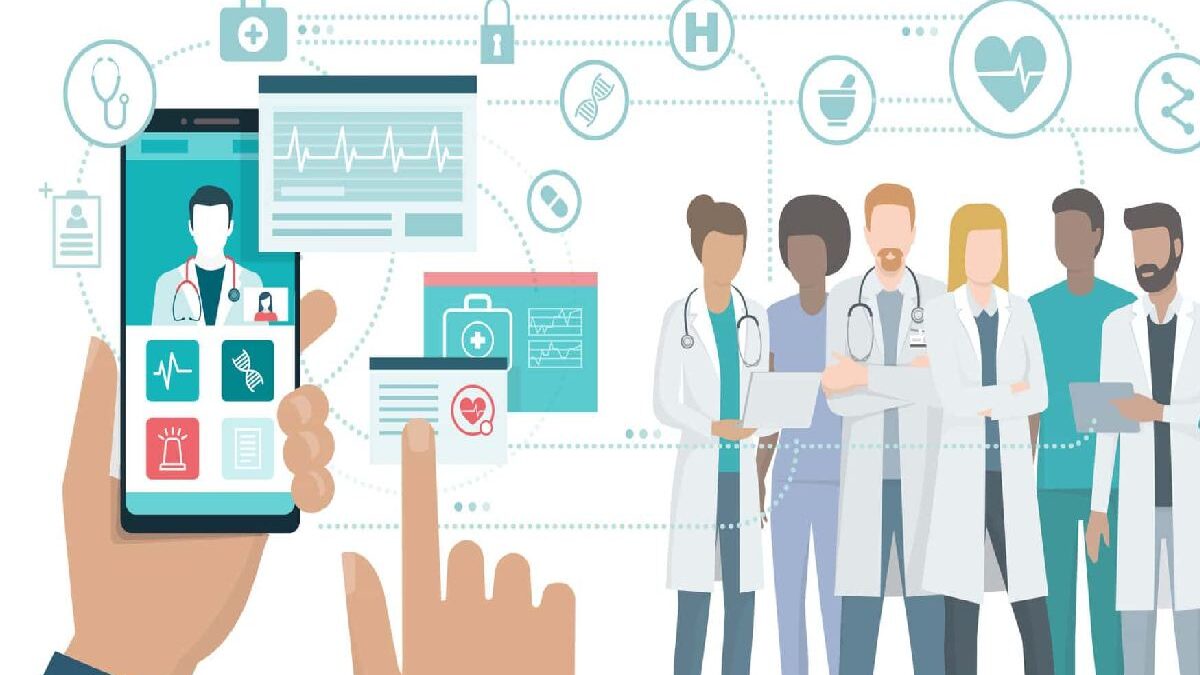One essential requirement of the pharmaceutical industry is proper and regulated storage. Although the industry has much to offer in terms of high-profit prospects, with the increasing demands for better drugs, some people might find it challenging to keep up with the requisites for the goods.
A cold chain system monitors pharmaceuticals from the point of manufacture to storing and all through transport until the final point where they are administered to the patients or consumers. A large fear involved here is that the slightest alterations in temperature can cause massive losses to the entire unit produced.
However, with advancements in technology, the pharmaceutical industry is switching to alternatives that are far superior to the old methods of regulating temperature.
Devices such as data loggers are making their mark in the industry. They have become a crucial part of cold chain facilities. Data loggers are offering prompt and convenient temperature management for the next generation of pharmaceuticals.
Data loggers not only benefit the pharmaceutical space but are also being used and promoted by other industries. In this article, we will discuss the different avenues where data loggers are providing advanced temperature management.
Data loggers used in a science classroom – introduction to the device, types of devices
Data loggers are automated electronic devices used to monitor different parameters such as humidity, pressure, noise, and in some cases, even speed and light. Compared to the traditional ways of assessing these factors, data loggers are easy to use and provide a better system for storing all data and accessing it for future purposes. This ease and accuracy is a significant reason why the education sector is making use of this fantastic device.
Data loggers are being introduced in science classrooms for different curricula such as biology, physics, and chemistry. Data loggers make the process of performing experiments easier by allowing the students to engage with the concepts of the experiment instead of getting stuck at the point of setup. The Data loggers have specific sensors that catch accurate data, unlike traditional tools that come with slight errors or make it difficult for students to get a precise reading.
Data loggers are transforming the learning space in science classrooms for enthusiastic students. Introducing students to devices like these is an excellent way to allow student engagement with technology-backed learning. Many data loggers even come with features that can be paired with computer software. Students can use the recorded values to plot graphs, comprehensive tables, and even form reports.
Data loggers of different kinds and to suit various purposes bring many new possibilities to a science classroom. Special data loggers are designed for underwater readings, pressure alterations, and measuring CO2 levels in the air.
Many data loggers come with SMS abilities that automatically send the timed reading to the connected contacts. From WiFi-enabled data loggers to Bluetooth and USB data loggers, the market has much to offer anyone and everyone looking for an advanced device for convenient and clear-cut measurements.
How data loggers are used in primary, middle, and high schools, colleges, and professional departments
In primary and middle school, students learn basic concepts of different laws and principles. Therefore, data loggers are just used to measure limited parameters, mostly temperature and time. The basic versions of the devices are used since the children are relatively new to data logger function and are dealing with the fundamental knowledge of their subjects.
In the high school and college settings, students indulge in science in a more detailed manner and conduct independent experiments. For research scholars, these experiments are the crux of their degree. Their engagement with the experiments, observations, and findings form an essential part of their curriculum.
Many students involved with science research for their higher education or professional degrees get specially programmed data loggers to record data every second of the day. Since they get to access the stored data easily, they choose data loggers instead of conventional tools. Professional departments opt for different kinds of data loggers depending upon the subject and their requirements.
How science uses data loggers in healthcare, automobile, pharmaceuticals, and food and beverage
We have already formed an understanding of how data loggers contribute to science in the primary, higher, and professional academic spaces. However, data loggers are in growing demand in industries like healthcare, pharmaceuticals, food, and beverages. The reason? It’s for precisely what we discussed in the initial portions of this article – the data logger’s ability to register, monitor, and store-specific parameters of the environment around it.
In the healthcare sector, data loggers are essential due to the sensitivity of pharmaceutical products, vaccines, and other medical supplies like blood and even organs towards temperature and storage conditions. Data loggers have specialized alarms to monitor the surroundings and send alerts in case of any alterations above or below the adequate values.
The automobile industry also uses data loggers to keep a check on emission rates. To regulate harmful emissions, government authorities in many countries around the globe have announced strict restrictions on emission levels. Unique data loggers are used in automobiles to measure rates and safeguard owners from paying hefty fines for exploiting the environment.
The food and beverage industry uses data loggers in a major way to keep a check on the humidity and temperature of their manufacturing and storage facilities. Since these products need specific conditions to ensure lasting shelf life, it becomes necessary to pay special attention to the environment around these products.
Data loggers are in constantly increasing demand due to the high rate of start-up ventures, industry expansions, and the global exchange of goods like medicines and food products.
The use of data loggers in the science and academic sector is relatively new but is gaining a great response. The device is transforming the way students approach the subject. Data loggers also make it easy for budding enthusiasts to store information, complete their projects and get a better learning experience.

